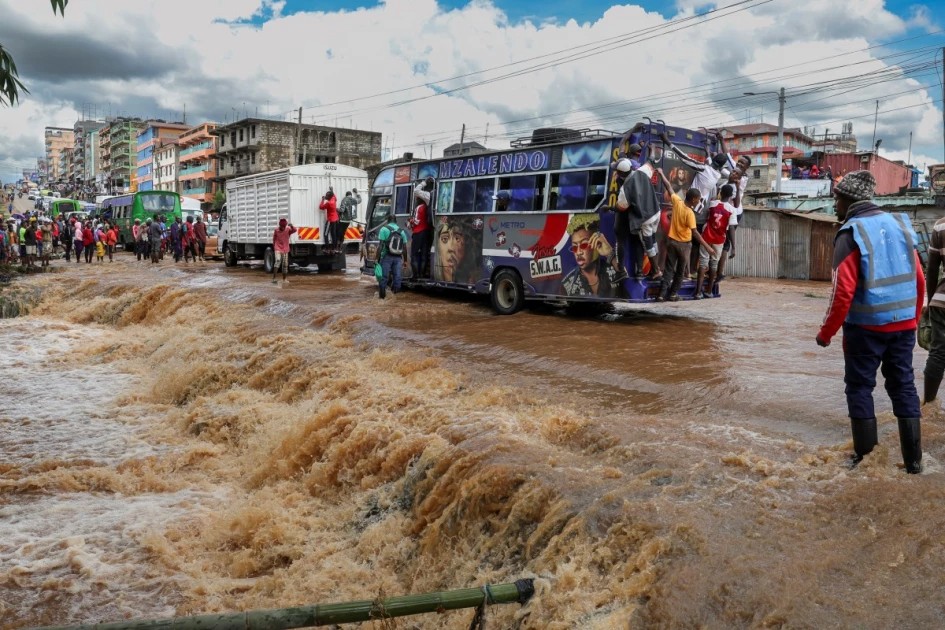- Speaking to the press, Teddy Nyanapa, the program manager for Youth in Sustainable Aquaculture at Farm Africa, said that the project’s main aim is to accelerate aquaculture while economically empowering youths in the key value chain.
Fishing has been the backbone of many families in the Lake Region of Kenya for decades, providing a source of livelihood and sustenance. However, as the population has grown, the demand for fish has surged, prompting farmers to embrace aquaculture as a solution.
Homa Bay County, which owns 80% of Lake Victoria, has embraced aquaculture as a key value chain. The county government has partnered with the International Development Organization Farm Africa to boost fish production and create economic opportunities for young people.
The $20 million project, funded by the MasterCard Foundation in collaboration with Farm Africa and a consortium of partners, including Echo Network Africa, Lattice, Aquarech, Ramogi Institute of Advanced Technology, Hydro Victoria, and Livingwood Consultants, is creating innovative aquaculture practices to empower Kenyan youth.
The "Youth in Sustainable Aquaculture" program aims to provide dignified employment for 150,000 young people, focusing on 70% young women and 30% young men. The program also aims to include 3% internally displaced persons and 5% persons with disabilities.
Speaking to the press, Teddy Nyanapa, the program manager for Youth in Sustainable Aquaculture at Farm Africa, said that the project’s main aim is to accelerate aquaculture while economically empowering youths in the key value chain.
Read More
He also said that the program will support access to quality and affordable fish feeds, including producing soya beans and black soldier fly, while financially boosting farmers.
“We have come together to support the aquaculture value chin through increasing the access to quality and affordable fish feeds including soya beans and black soldier fly while also ensure fish farmers have the technology needed to produce fish,” said Mr Nyanapa.
The project kicked off in December 2023 and will take five years in six counties, including Kakamega, Kisumu, Siaya, Homa Bay, Busia, and Kilifi. According to the program manager, the beneficiaries will also have access to loans depending on their aquaculture niche.
“30% to 40%of the money allocated will be given as grants and loans to the farmers to boost their productivity and later pay back with zero interest rates, this will accelerate productivity and their growth as individuals,” added Mr Nyapana.
During the press brief, Governor Gladys Wanga also appreciated that the partnership will ensure that the program prioritizes soya beans, which are also a key value chain.
“Soya beans is part of our edible oils key value chain and its production will see us close to our dream of being an edible oil producer, this project will also see to it that our youth get employed especially our women and the people with disabilities,” Governor Wanga said.
As Homa Bay is set to participate in Youth in Sustainable Aquaculture, the County Government is constructing a modern fish market with cold storage and mini fish processing facilities. These facilities will help preserve fish and save fish farmers from losses associated with perishable fish.





-1769677767.jpg)